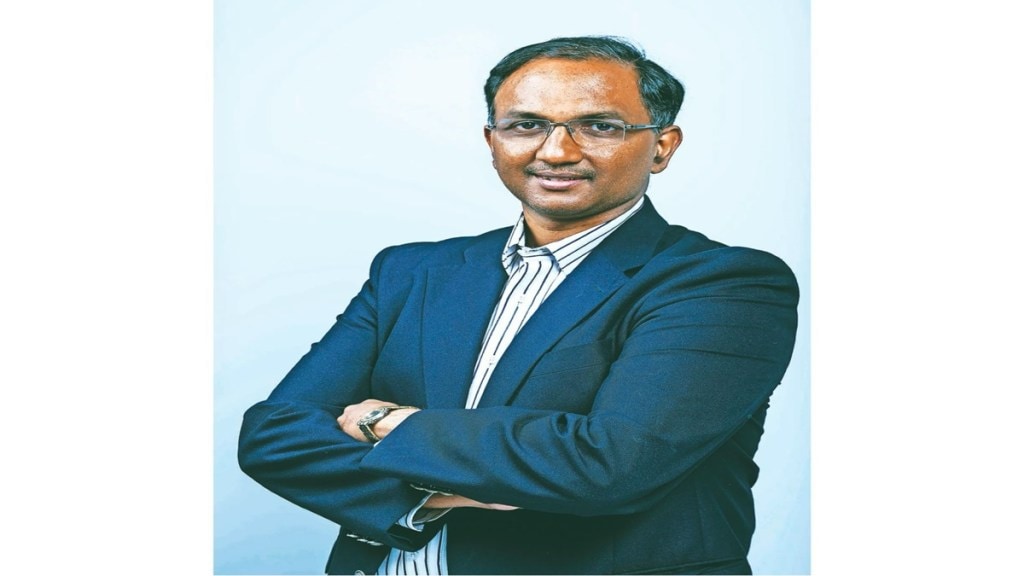GE HealthCare, which has its largest R&D centre located in Bengaluru—employing 2,000+ engineers and holding over 1,250 patents—is heavily invested in AI, using it to enhance medical imaging quality, improve workflow efficiency, and support clinical decision-making. While the company plans to invest Rs 8,000 crore by 2029 in manufacturing and local R&D, its partnerships with institutes like AIIMS, Indian Institute of Science and Tata Memorial Centre, reflect a focused strategy to co-create scalable solutions that meet the country’s diverse healthcare needs. Girish Raghavan, CTO – Women’s Health & X-Ray and VP, Engineering at GE HealthCare Technology Centre India, speaks to Sudhir Chowdhary on the company’s tech priorities and key trends in the healthcare industry. Excerpts:
What are the current expansion plans when it comes to capacity?
The MedTech sector is called the ‘Sunrise sector’ for a reason – it is poised for exponential growth, with projections indicating India’s global market share could rise from 1.65% to 10-12% over the next 25 years. This trajectory is backed by rising public health expenditure and an increasing push for self-reliance in MedTech manufacturing. India is at the forefront of becoming a MedTech hub, leading innovation and investment in healthcare.
Wipro GE Healthcare is among the first MedTech companies to ‘Make in India—for India and the world.’ Since inception, the company has invested over $4 billion in R&D and manufacturing in India. In 2024, we committed an investment of Rs 8,000 crore in manufacturing output & local R&D over 5 years. This strategic investment bolsters Wipro GE Healthcare’s local manufacturing footprint to address the growing domestic and international market and will build supply chain resiliency for the organisation.
What role does AI play in medical imaging?
AI’s significant contribution to diagnostics helps improve workflow and patient care and detect diseases early. As these technologies become more refined, they will play a key role in supporting healthcare providers in making informed decisions about patient care.
Today, non-communicable diseases account for about 60% of all deaths in India, calling out the need for precision-led, personalised, and predictive care. This is where AI comes into play. We focus on developing foundation models—large, versatile neural networks trained on multi-modal data, including full-body 3D MRI scans. Capabilities such as image-to-text search and vice versa, segmentation, and disease classification are designed to help clinicians extract deeper insights from a single scan, enabling timely and informed decisions.
Tell us about your research focus areas.
We are strengthening partnerships for integrated technology solutions across India with strategic research collaborations with IISc and IITs. In December 2024, we partnered with AIIMS to establish an AI Health Innovation hub, investing $1 million over five years to co-develop, test, & deploy intelligent systems and workflow solutions in cardiology, oncology, and neurology.
In partnership with Tata Memorial Centre, announced in June 2025, we are establishing a state-of-the-art Cancer Research & Innovation Centre. The collaboration aims to strengthen clinical research and academic engagement activities to determine key project areas and a collaboration roadmap for five years.
The partnership aims to accelerate the development and validation of emerging technologies and digital platforms in oncology—on AI-based applications for medical imaging, clinical workflows, hardware, and software for advanced visualisation to post-process and analyse medical images.
How is GE HealthCare integrating AI into its devices?
We are focused on investing in innovative products that include AI-enabled technology to ensure medical care reaches rural and remote areas and underserved, marginalised patient populations. As AI capabilities evolve, our focus remains on building intelligent, clinically validated solutions that integrate into care workflows, improving diagnostic confidence and operational efficiency of healthcare facilities further. We are advancing this shift by integrating AI across imaging platforms to enable faster, sharper and more accessible diagnostics. Our Revolution Aspire— a CT imaging system is conceptualised and manufactured ‘in India for India’, at our PLI factory.
AI-powered solutions like AIR Recon DL and Sonic DL are already delivering real-world impact. AIR Recon DL improves image quality while reducing scan times, enhancing patient experience, and building diagnostic confidence. Our purpose is to create a world where healthcare has no limits. This also underlines our commitment to take healthcare to the last citizen.


